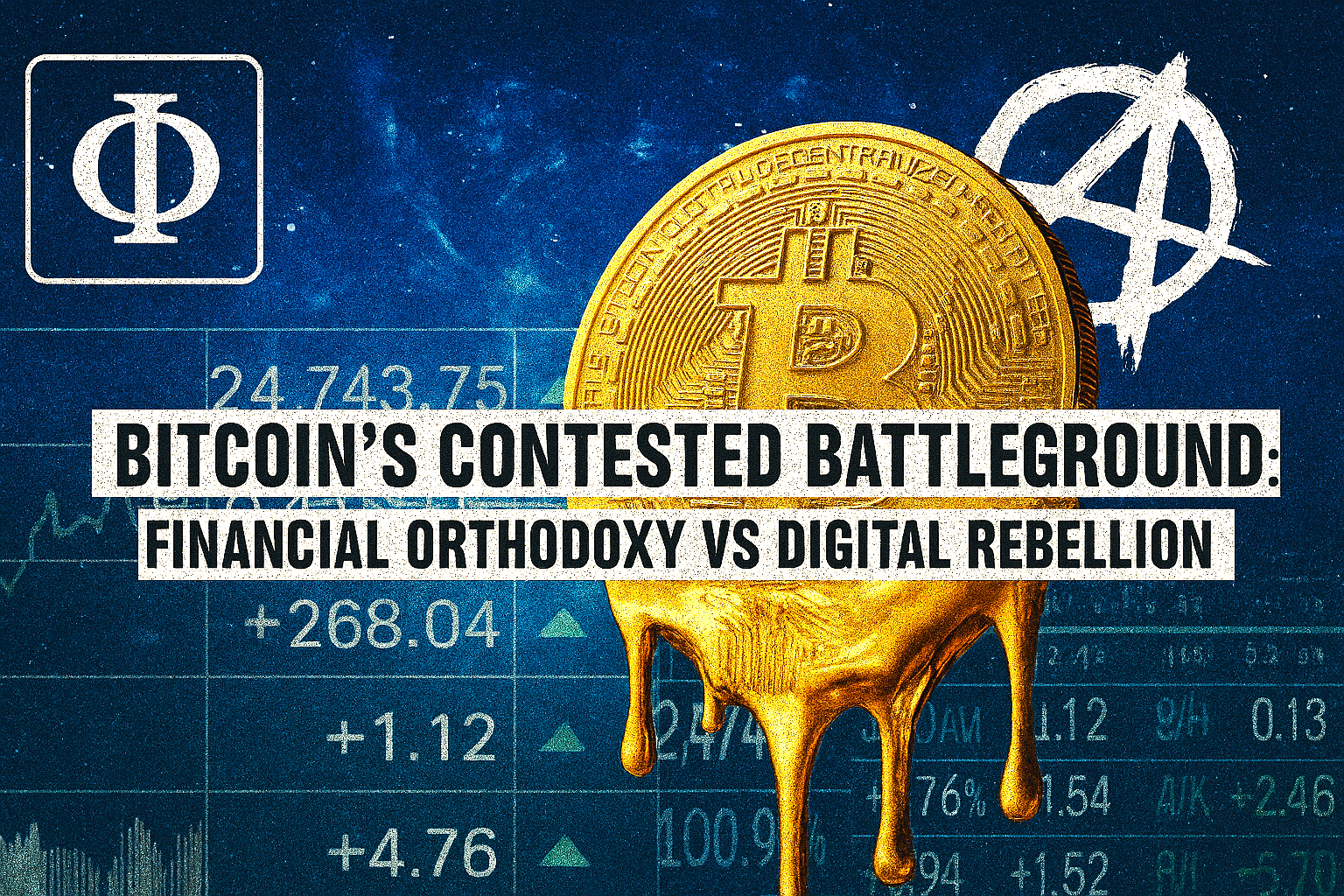Bitcoin’s status as an asset class remains fiercely debated—its classification hinges on whether one prioritises institutional frameworks or symbolic disruption.
✅ Arguments for Bitcoin as an asset class
Many investors treat Bitcoin as a distinct asset class due to its unique characteristics:
- Scarcity: With a capped supply of 21 million coins, Bitcoin mirrors commodities like gold.
- Divisibility & Fungibility: It can be split into smaller units, and each unit is interchangeable.
- Liquidity: It’s widely traded and easily converted into fiat currencies.
- Store of Value: Often dubbed ‘digital gold’, especially in inflationary climates.
- Low correlation: Bitcoin’s behaviour diverges from traditional assets, offering potential diversification.
❌ Arguments against Bitcoin as an asset class
Institutions such as Hargreaves Lansdown argue Bitcoin lacks the stability and intrinsic value required for formal classification:
- Volatility: Its dramatic price swings make it riskier than equities or bonds.
- No intrinsic value: Unlike shares or debt instruments, Bitcoin doesn’t generate income or cash flow.
- Regulatory ambiguity: Its decentralised nature and evolving legal status complicate analysis.
- Speculative behaviour: Critics liken it more to a speculative punt than a foundational portfolio component.
So…
Bitcoin’s contested identity as an asset class reflects a deeper philosophical divide: is it a legitimate store of value shaped by digital innovation, or a speculative mirage challenging financial orthodoxy?
While its traits—scarcity, liquidity, and decentralised architecture—suggest asset-like behaviour, its volatility and lack of intrinsic value leave its classification unresolved.
For investors and thinkers alike, Bitcoin invites not just financial analysis but existential reflection on what we trust, value, and rebel against in the evolving economy.


